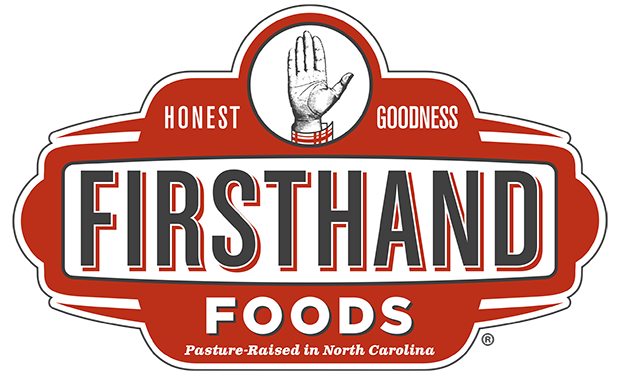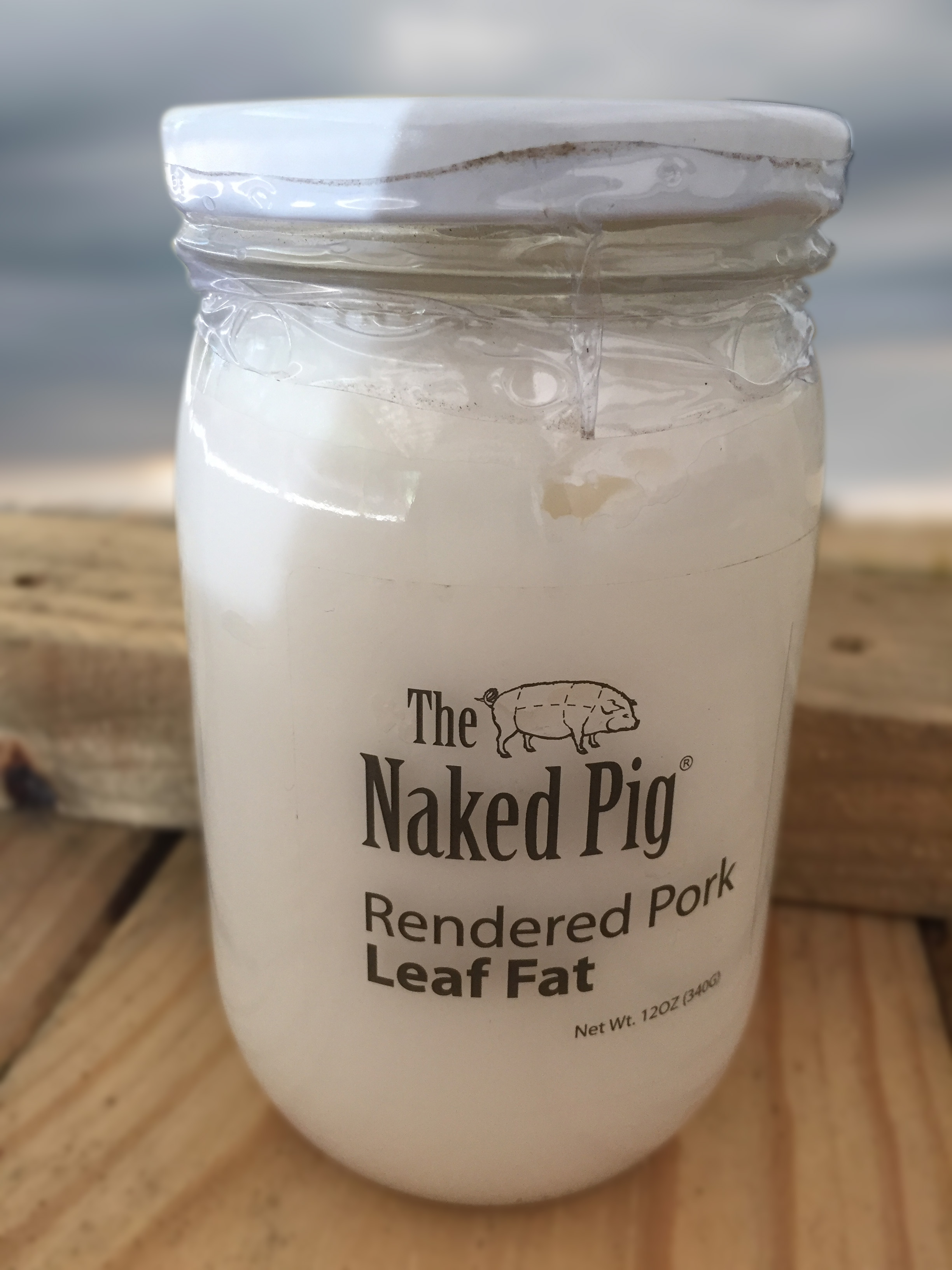For much of North Carolina’s history, lard was the common go-to cooking oil. But somehow, in the early 1900s, all that changed. Many historians point to the invention of Crisco and the marketing campaigns that surrounded its launch as the beginning of the end for lard. In 1911, Proctor and Gamble discovered that they could turn a profit on cottonseed by making it into a cooking oil. To do so, they began hydrogenating it (using a chemical process that makes cottonseed oil solid at room temperature). But they still had to convince consumers to stop using lard. They did this by branding it as unhealthy.
Combined with the recipe books that consumers were given away for free along with the purchase of tubs of Crisco –books that, of course, replaced lard with Crisco in every recipe – these early marketing campaigns against lard were remarkably successful. Even now that doctors agree that the saturated fats found in lard are actually far healthier than the trans fats found in hydrogenated oils like Crisco, the reputation has been hard for lard to shed.
Those who don’t know the history of lard’s decline may now be surprised to see its resurgence in restaurants and home kitchens around the country. But not only is lard not unhealthy – it’s a fantastic tool to have in your cooking repertoire. It has a relatively high smoke point, which makes it a fantastic oil to use for frying. It also has a low melting point, which makes it a helpful addition to flakey pastries and pie crusts.
Like all meat products, the sourcing of lard matters; if it’s from pasture-raised animals, it’ll be packed with Omega-3 fatty acids. If it’s local, it will also be a sustainable alternative to imported and multi-ingredient oils.
When you incorporate lard into your kitchen, you’re also helping to make sure that the entire animal is utilized. Firsthand Foods now sells leaf fat from our farmers’ hogs to The Naked Pig, where it is rendered into lard and sold to area chefs and grocery stores, including Weaver Street Market. Previously, this part of the animal went into the waste stream but now it has a home. Each step towards whole animal utilization helps make small-scale, local farming more economically viable.
Whether you remember your grandmother cooking with lard and can still conjure up the flaky texture of those biscuits, or whether you’ve never knowingly tasted lard before, think about incorporating it into your cooking! If you’re a chef in the Triangle area, you can order The Naked Pig leaf lard through Firsthand Foods by sending an email to orders@firsthandfoods.com. Home cooks can visit The Naked Pig to order their own leaf lard and check out recipes and cooking tips.

